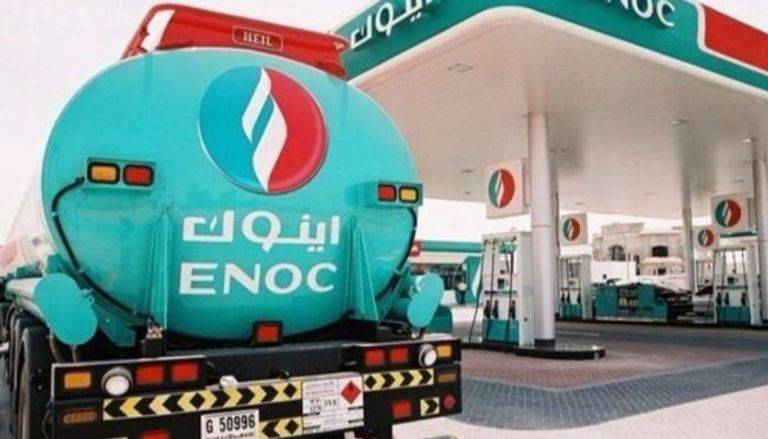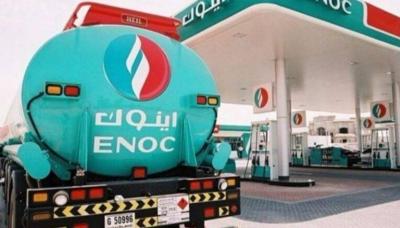The Emirates National Oil Company (Enoc) has won the first tender to replace 84,000 tons of black fuel from Iraq for Electricité du Liban. The Lebanese Ministry of Energy and Water announced that after completing all administrative and technical preparations between the Lebanese and Iraqi sides regarding the agreement signed with Iraq to import one million tons of black fuel over one year, to be replaced via monthly spot cargo tenders (between 75,000 to 85,000 tons) for the benefit of Electricité du Liban, and after receiving approvals from the Iraqi side on the terms of reference and participating companies, the General Directorate of Oil in the Ministry of Energy and Water launched the first tender to replace approximately 84,000 tons of black oil with about 30,000 tons of heavy fuel oil grade B and about 33,000 tons of gas oil.
The statement noted: "The General Directorate of Oil invited representatives from the participating companies, the General Directorate of Oil in the Ministry of Energy and Water, the Lebanese Ministry of Finance, the Central Bank, and the Iraqi company SOMO to a virtual meeting to open bids." The statement added that three global companies participated in the tender, of which four were approved by the Iraqi side: the Emirates National Oil Company (Enoc), the Independent Petroleum Group (IPG), and Coral Energy DMCC. According to the statement, Enoc emerged victorious in the tender.
It continued: "After informing the Iraqi side of the final results, the winning company will deliver the substituted fuel to Lebanon approximately two weeks after receiving the shipment of black oil from Iraq between September 3 and 5." Iraq had signed an agreement with Lebanon on July 24 to sell one million tons of heavy fuel oil at world prices, with payment to be made through services and goods, according to a statement from the media office of Iraqi Prime Minister Mustafa al-Kadhimi.
Lebanon is suffering from a severe electricity and water shortage following a fuel shortage at two of the country's main electricity generation stations, which operate on fuel oil. The Electricité du Liban is implementing severe rationing that provides the country with no more than two hours of electricity out of 24. The electricity sector in Lebanon faces chronic shortages and relies on government support, incurring estimated technical and non-technical losses ranging between 36% and 40%, according to studies released by the Lebanese Ministry of Energy and Electricité du Liban.
Lebanon's electricity generation relies on low-efficiency thermal plants that use imported, expensive, and polluting heavy oil and diesel. Moreover, the electricity supply is insufficient, as peak demand is estimated to reach 3,500 megawatts, leading to a supply shortfall of 1,600 megawatts. Recently, with the cessation of credit lines to purchase fuel due to a shortage of foreign currency, Electricité du Liban has only been supplying the country with two hours of electricity out of 24 each day. The shortage of diesel fuel has also resulted in the stoppage of backup generators that used to cover the state’s deficit, leaving Lebanon in a state of near-total darkness, with many vital sectors ceasing operations.




